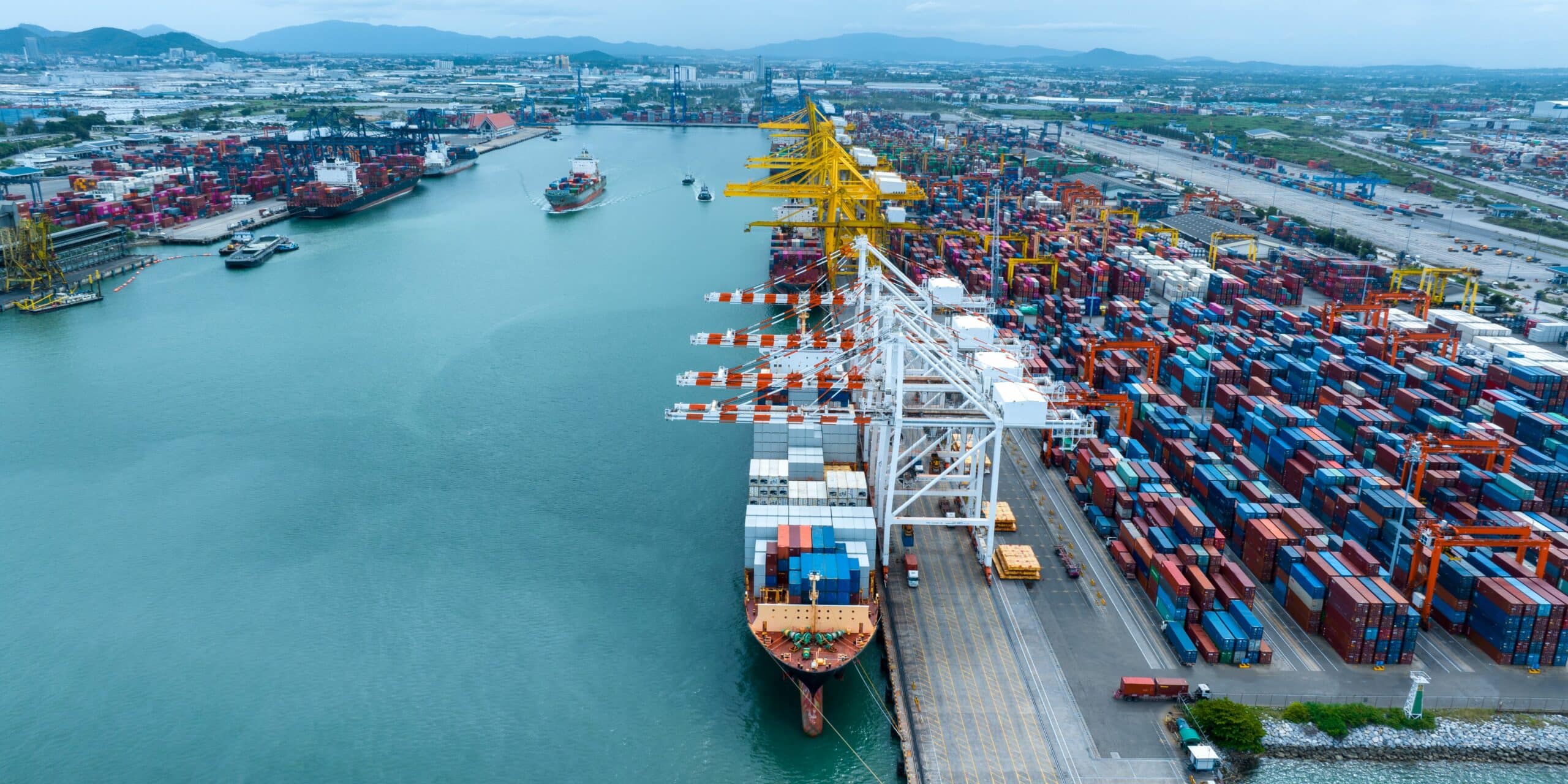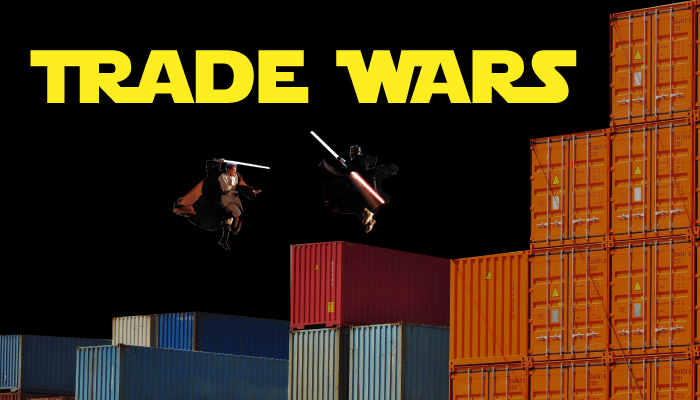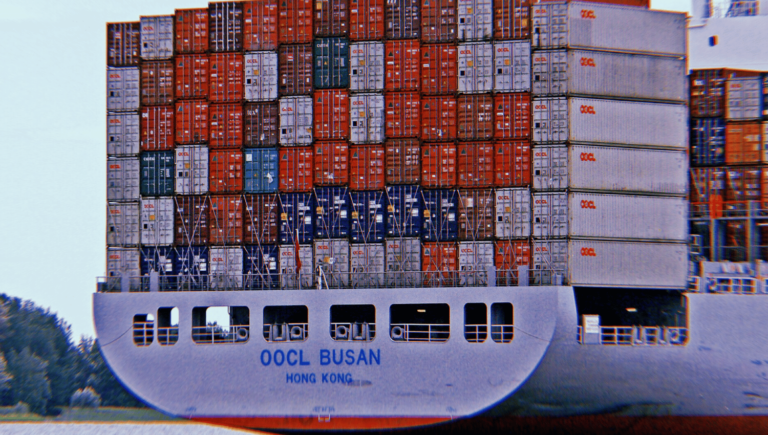The Impact of the Workers’ Strike on West Coast Canadian Ports
The ongoing workers’ strike at West Coast Canadian ports has caused significant disruption to trade between the U.S. and Canada. Trade associations in both countries are warning that the strike will lead to price increases and delays in product arrivals, affecting various industries and supply chains. In this blog post, we will examine the repercussions of the strike on trade, the concerns raised by industry leaders, and the actions being taken by both sides to resolve the situation.
Trade Relationship Between the U.S. and Canada
The U.S. and Canada share a historically strong trade relationship, with each country serving as the other’s top trading partner. Approximately 20% of U.S. trade arrives in the Canadian ports of Vancouver and Prince Rupert, which have been directly impacted by the strikes. The Canadian Chamber of Commerce estimates that $605 million in trade moves through these ports daily, highlighting the significance of the issue.
Supply Chain and Inflation Concerns
The strike has sparked concerns about supply chain disruptions and inflation in the U.S. trade industry. Steve Lamar, CEO of the American Apparel and Footwear Association, emphasizes that any disruption in supply chains, including this strike, poses both inflationary and inventory challenges. Accessing goods stuck on boats or diverted to other ports has become a major hurdle for companies relying on British Columbia as a transit center or an e-commerce hub. To mitigate these challenges, Lamar suggests that the Canadian government should take action, such as recalling Parliament, to get people back to work and goods moving again.
Impact on Supply Chain and Vessel Diversion
According to the Railway Association of Canada, it could take three to five days for networks and supply chains to recover for every day the strike persists. This disruption has already led to vessels diverting from Canadian ports to American alternatives. The company eeSea has confirmed that two vessels, the MSC Sara Elena and the Ever Safety, have left Canadian ports and will not return. Furthermore, other vessels initially scheduled to arrive in Vancouver have changed their destinations, raising concerns about delays and straining supply chains further.
Challenges for ILWU Workers and Delays in Production
The diversion of vessels and changes in port schedules have posed challenges for ILWU workers in the U.S. ILWU workers are allowed to process vessels only at West Coast ports, and the union has stated that its members will not unload Canadian-bound cargo in solidarity with their counterparts in ILWU Canada. However, identifying containers with changed destinations is difficult for the ILWU, as they do not have access to container information for security reasons. As a result, delays in production and added costs are anticipated, particularly for the auto industry, which operates on lean just-in-time schedules.
Increased Costs and Congestion at Ports
The rerouting of containers from western Canada to U.S. West Coast ports has led to increased costs in the supply chain. These costs include fees for changing container destinations, extra rail and trucking fees, additional customs fees, extra port fees, and container later fees due to congestion. The Canadian National Railway Company, responsible for servicing the ports, has stated that it will take weeks to months to clear out the congestion caused by the strike. These increases in costs may be passed on to consumers, similar to the experience during the Covid-19 pandemic.
The workers’ strike at West Coast Canadian ports is significantly impacting trade between the U.S. and Canada, leading to inflationary pressures, delays in product arrivals, and supply chain disruptions. The strike has raised concerns among industry leaders, who are urging the Canadian government to take immediate action to resolve the issue and resume normal trade operations. The diversions of vessels and changes in port schedules are adding to the challenges faced by ILWU workers and increasing costs. It remains crucial for both sides to return to the negotiating table and reach an agreement promptly to minimize the overall impact on the economy and supply chains.
Source: https://www.cnbc.com/2023/07/10/aafa-recall-canadian-parliament-amid-ports-strike.html






